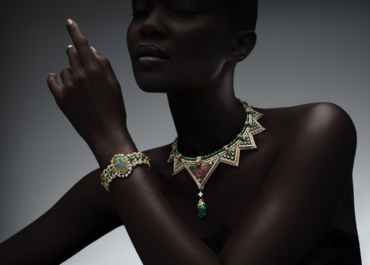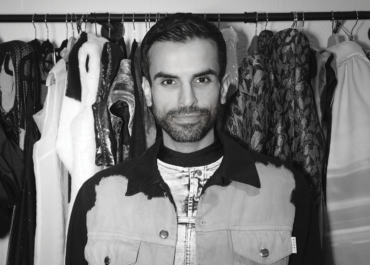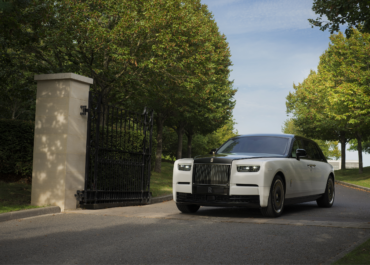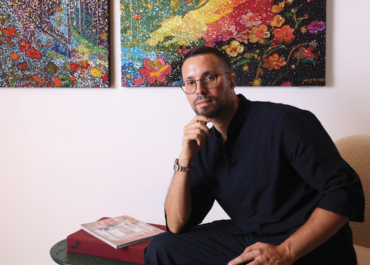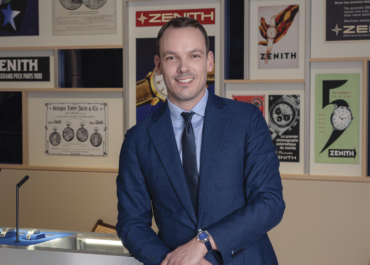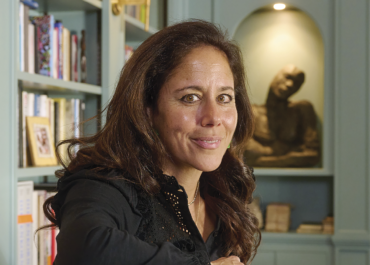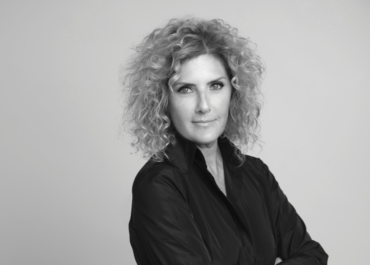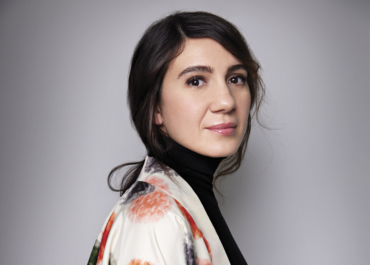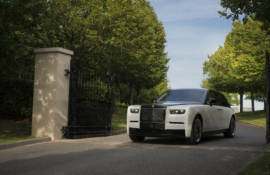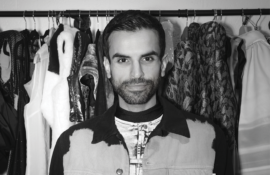Few venues embody Dubai’s dining transformation as perfectly as Bâoli, the high-energy restaurant and lounge concept located at J1 Beach, is one of the city’s most talked-about new lifestyle destinations.
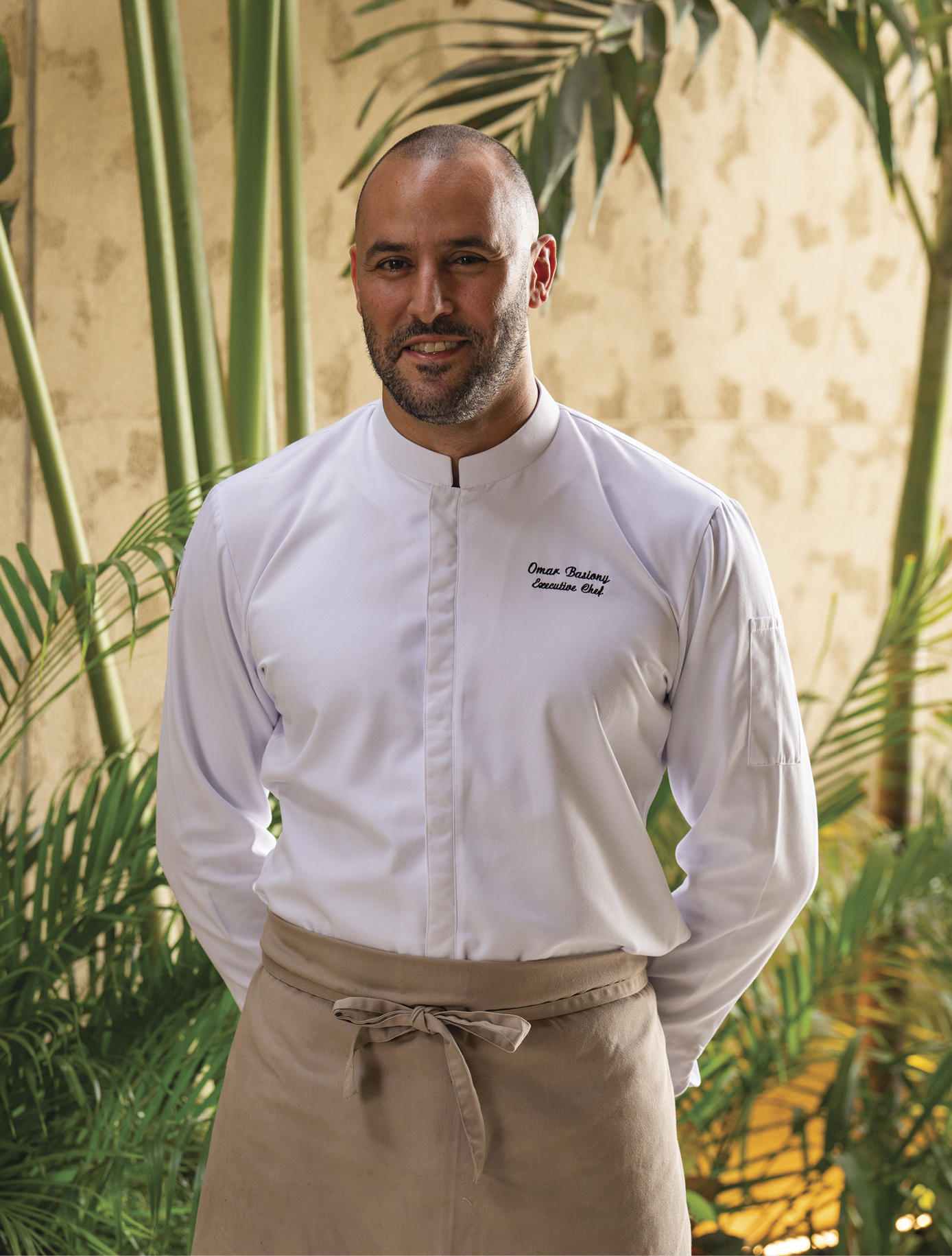
Since opening less than a year ago, Bâoli has already made its mark on the global culinary stage with a coveted recognition from the Michelin Guide. The accolade reflects not only the restaurant’s meticulous attention to detail and vibrant atmosphere, but also the talent and vision of its executive chef, Omar Basiony. Under his leadership, Bâoli has become more than a dining destination; it’s an immersive experience where Japanese precision, French refinement, and Mediterranean warmth meet under one roof.
Basiony, who has honed his craft in Michelin-starred restaurants across the US, Europe, and the Middle East, brings both technical mastery and an instinctive sense of storytelling through food. His approach reflects a belief that cuisine is as much about emotion and connection as it is about product and technique. With dishes such as wagyu short rib glazed with house tare and paired with Brussels sprouts and tarragon mustard, he translates years of training and cultural influence into creations that resonate with Dubai’s diverse, cosmopolitan clientele.
As the UAE’s dining industry continues to gain international recognition, Chef Omar Basiony’s work at Bâoli stands as a symbol of the city’s ambition, innovation, and growing cultural confidence.
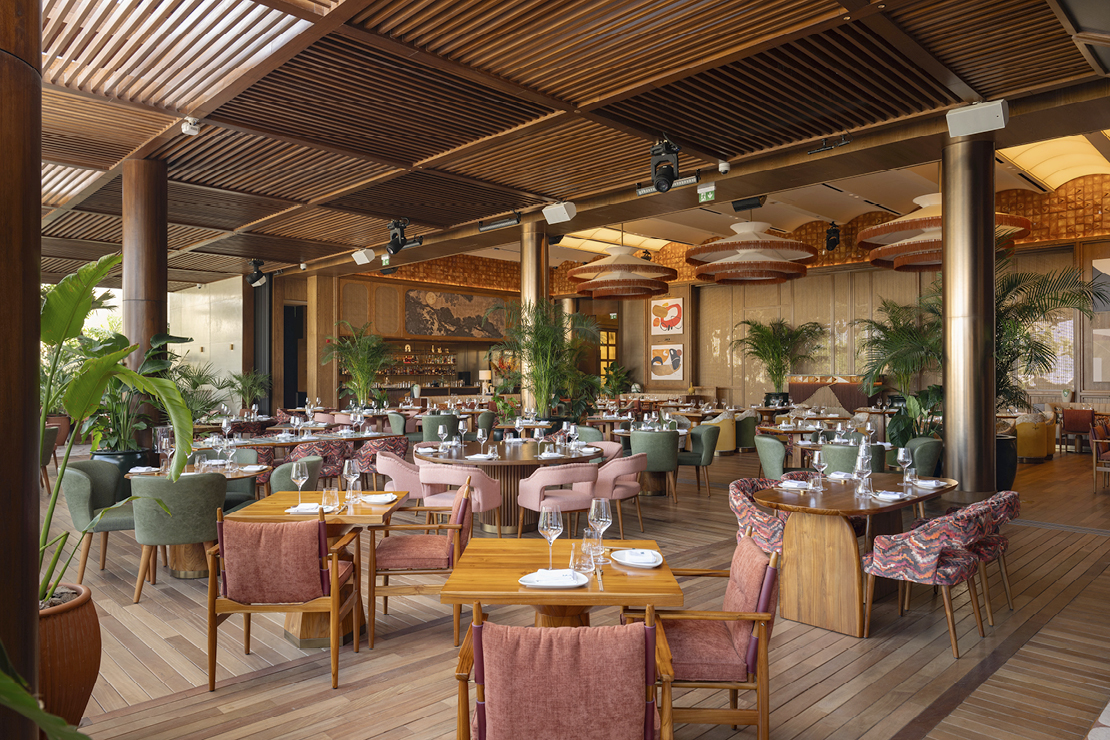
Tell us about your journey to where you are today.
There’s my journey through the industry, which shaped me as a professional, and then there’s my personal journey, which shaped me as a person. My family immigrated to the United States when I was very young, leaving behind everything they knew in search of new opportunities. It’s a story shared by many, but witnessing that kind of grit and tenacity taught me that opportunity exists; you just have to be willing to step up and claim it.
I am a son of Chicago, spent most of my life growing up there and had some of my first experiences in the culinary field there. But when the time came to truly commit to the industry, I knew I needed to push myself out of my comfort zone. I moved alone to Boston at a young age to apprentice at one of the city’s top fine dining institutions, an East Coast landmark at the time. That experience was transformative: the people, the culture, the access to world-class product, all of it honed not just my skills as a chef but also my discipline as a person.
Since then, I’ve worked in Michelin-starred establishments and renowned venues across the US, Europe and the Middle East. But the ethos that still drives me comes from those formative years: the kindness of mentors who guided me when I knew nothing, and the determination I saw in my family as they built a life in a new country. Be strong, be kind, be humble, be generous, but above all, always push!
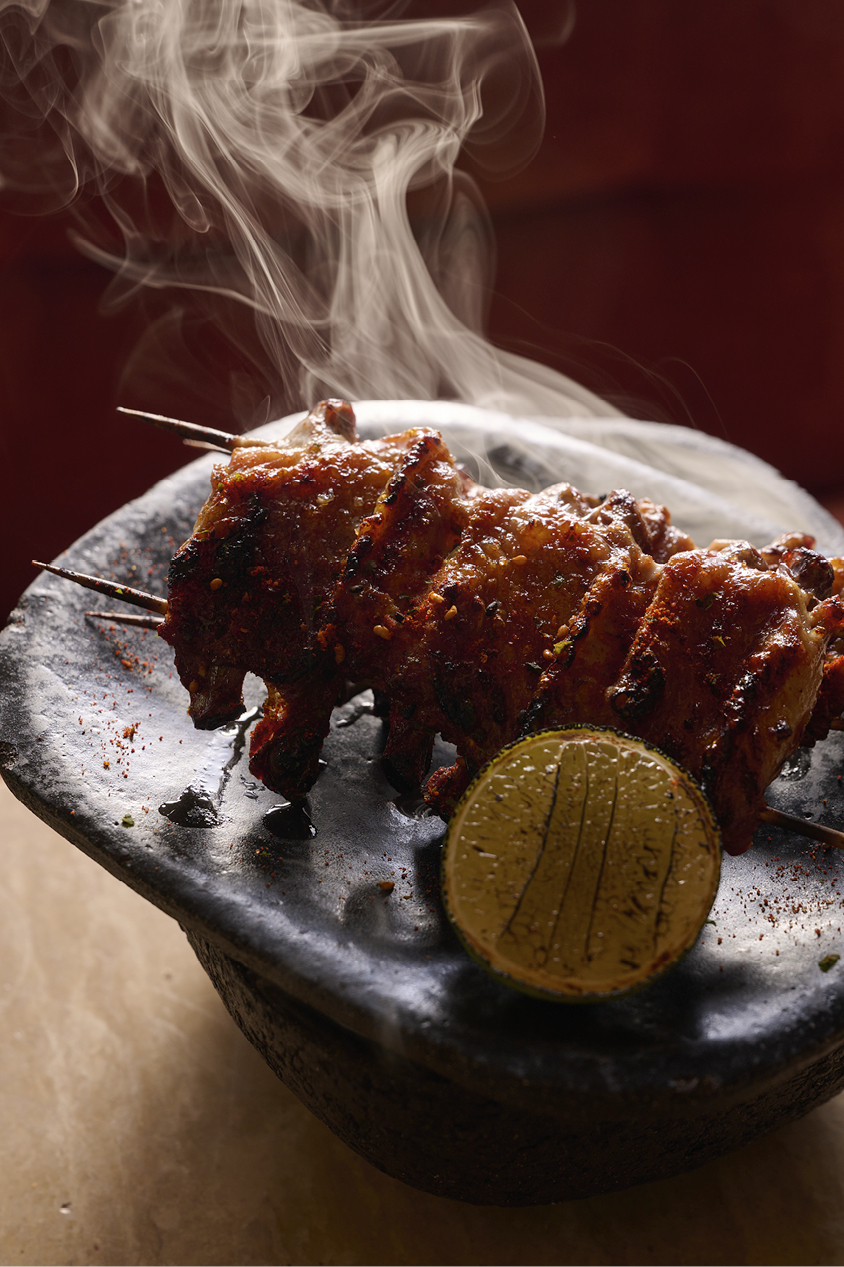
Congratulations on Bâoli being recognised by Michelin – what does this recognition mean?
It’s a huge achievement, not just for me but for the entire team. To be recognised in the Michelin Guide is an honour, but more importantly, it’s an incredible motivator. It’s a tangible reward for the countless hours and dedication, and shows us all that the hard work is paying off. Honestly, we didn’t even see it coming. We’d been open less than a year when I suddenly got a call from a friend congratulating me. I had no idea what he was talking about until I pulled up the Michelin live stream! That moment is one I’ll never forget.
J1 Beach has fast become a must-visit hotspot in the city – tell us about that.
J1 has definitely stolen the spotlight this year. As a destination, it finally accomplished something many projects in Dubai have tried to achieve: it positioned itself as a true competitor to DIFC.
What can guests expect from a visit to Bâoli?
High energy, great food, and unforgettable moments. We’re a venue built on atmosphere; you visit Bâoli not just for a meal, but for an experience, whether that be for the vibe, the music, the food, the drinks or even better, the seamless harmony of all those elements together.
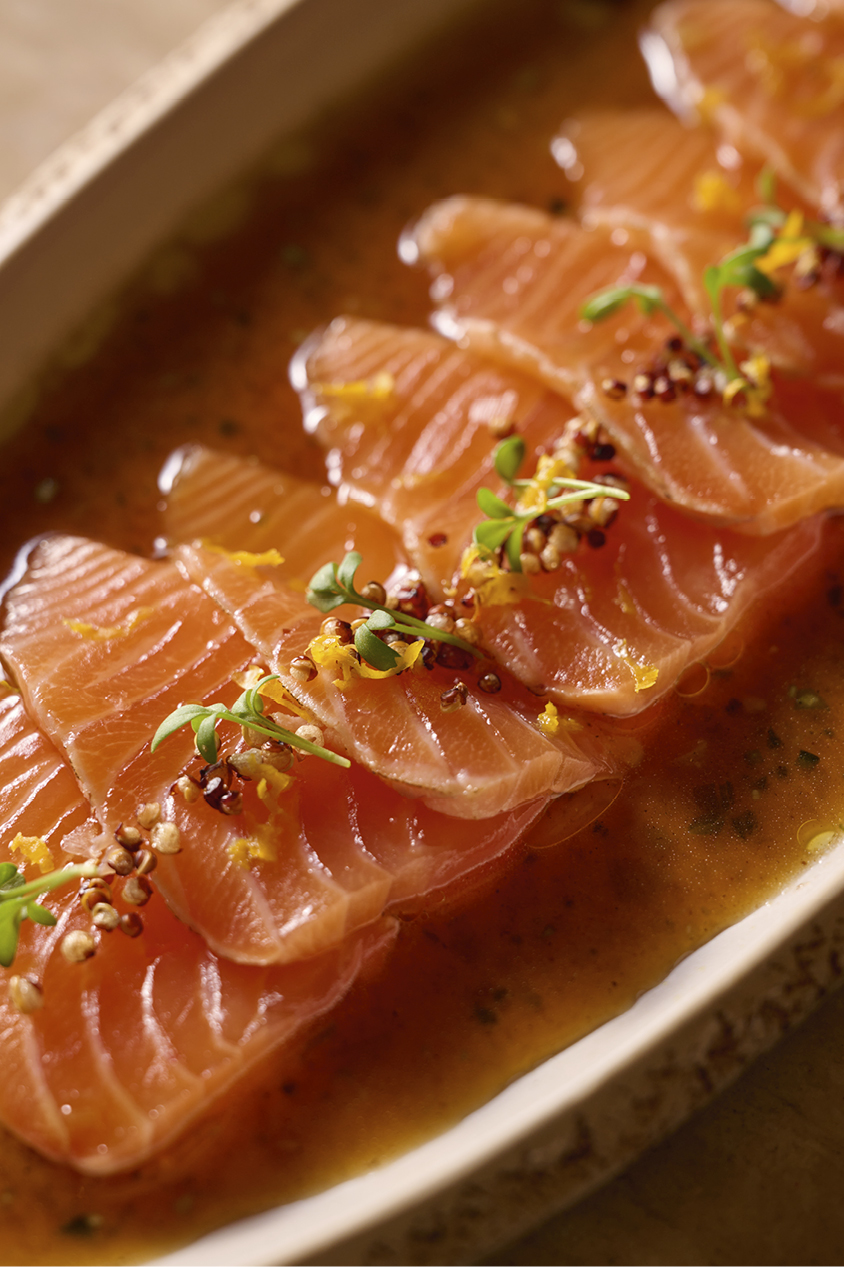
Tell us about your unique blend of Japanese, French and Mediterranean cuisine and some of the highlight dishes.
Our cuisine is rooted in product and technique. Whenever we create a dish, the guiding questions are always: What ingredient is this dish highlighting? What technique is it built upon?
It’s an exercise in restraint, where we might take uniquely Japanese ingredients and highlight them delicately with French and Mediterranean flavours and then vice versa. Ultimately, the balance lies in making everything feel natural, cohesive and understandable to the guest. When done right, it creates something unique, and I’m proud to say we’ve achieved that at Bâoli.
We have some beautiful dishes that showcase this balance and restraint very well. A personal favourite for me would be the wagyu short rib. We take beautiful MB4 wagyu short ribs, cook them sous vide for 12 hours at a low temperature to achieve a medium-rare steak-like consistency, but with a texture that falls apart in your mouth. We then finish the short rib over the robata, glazing it with our house tare and then combining it with crispy fried Brussel sprouts and a tarragon mustard. A dish that on the surface could feel very European, though it relies upon Japanese cooking techniques and flavours and ultimately is a success because of the skill and execution of the kitchen.
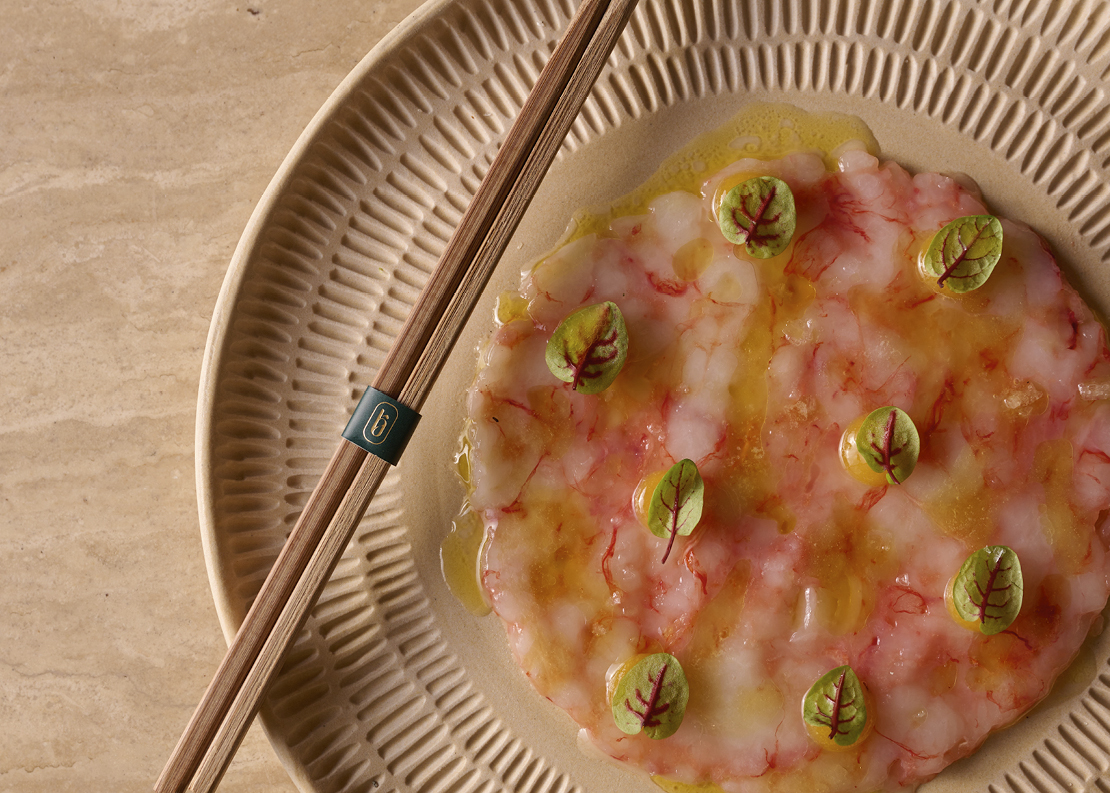
How would you assess the F&B industry in the UAE and the wider Middle East today?
The industry has seen enormous growth and recognition in recent years. This heightened attention has done wonders to drive the overall quality of F&B in the city, while also attracting some amazing foreign talents and showing them that the Middle East is being taken seriously as a global player in gastronomy, and rightly so.
What do you think guests are looking for from a dining experience today?
First and foremost, consistency. The bar is honestly set so high, and with so many great operators around and more opening every day, you need to be delivering at every level, every time, in order to remain relevant in the market.
Aside from that, I feel the customers are looking for an experience. That doesn’t necessarily have to come in the form of live entertainment; it could be a tasting menu, a chef’s collaboration, or simply a venue with a clear identity and story. People want to feel like they’re part of something, that they’re being transported. Food is universal; what makes the difference is the narrative that surrounds it.
What do you believe is the secret to longevity for a restaurant in the UAE today?
Consistency. Many factors contribute to longevity, some beyond an operator’s control, but consistency is the non-negotiable. You have to have a fantastic product, execute on all levels and then ensure that the same experience is delivered every single day, every single service.
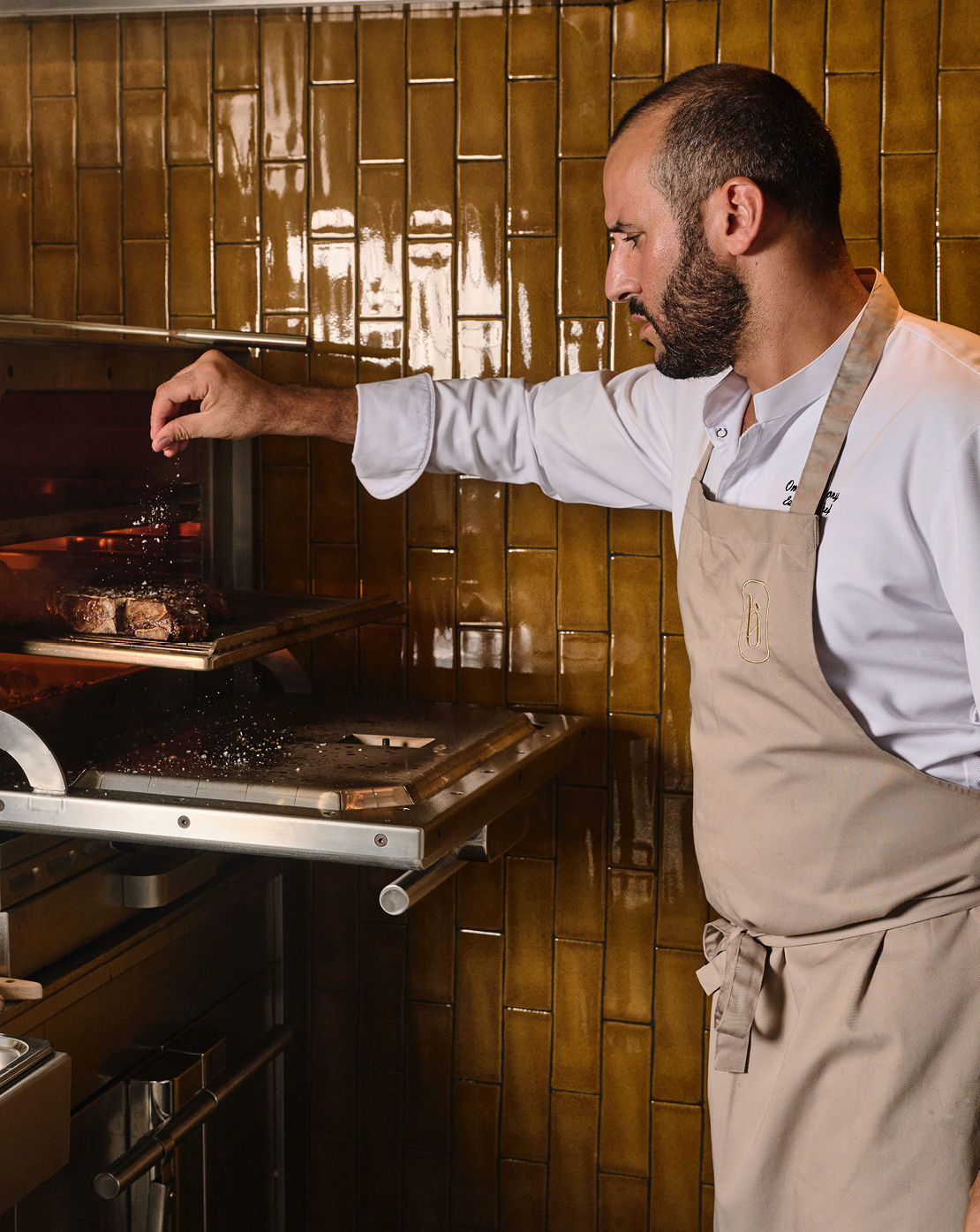
How do you ensure customers keep returning?
Give them something to come back for. Make a genuine connection, deliver on what you promise, and maintain consistency. The F&B market here is saturated, but the truth is that not all venues execute at the level they promise. I think there isn’t much mystery around it. If you want to stand out, it’s not enough to just play the game; you have to want to be the best, and then put in the work every day to achieve that.
Equally, it’s about culture. Create an environment where both your team and your guests feel seen, heard and supported. That’s what keeps people coming back.
How do you cater to the diverse clientele in this region?
Dubai is one of the most cosmopolitan cities in the world, and that diversity is reflected every day and night at Bâoli. For me, the key is to create an experience that feels welcoming and engaging no matter where you’re from. Food is a universal language that bridges cultures and is why our menu is built on techniques and flavours that resonate globally while still being unique to Bâoli.
Beyond the food, it’s about understanding the nuances of hospitality. Some guests want to discover new flavours, others are looking for familiarity, and many want to feel like they’ve been transported somewhere entirely new. Our role is to strike that balance, to meet people where they are while still giving them something they didn’t know they wanted. Ultimately, whether you’re a local or visiting from across the world, the goal is the same: you leave feeling seen, satisfied and part of the Bâoli story.
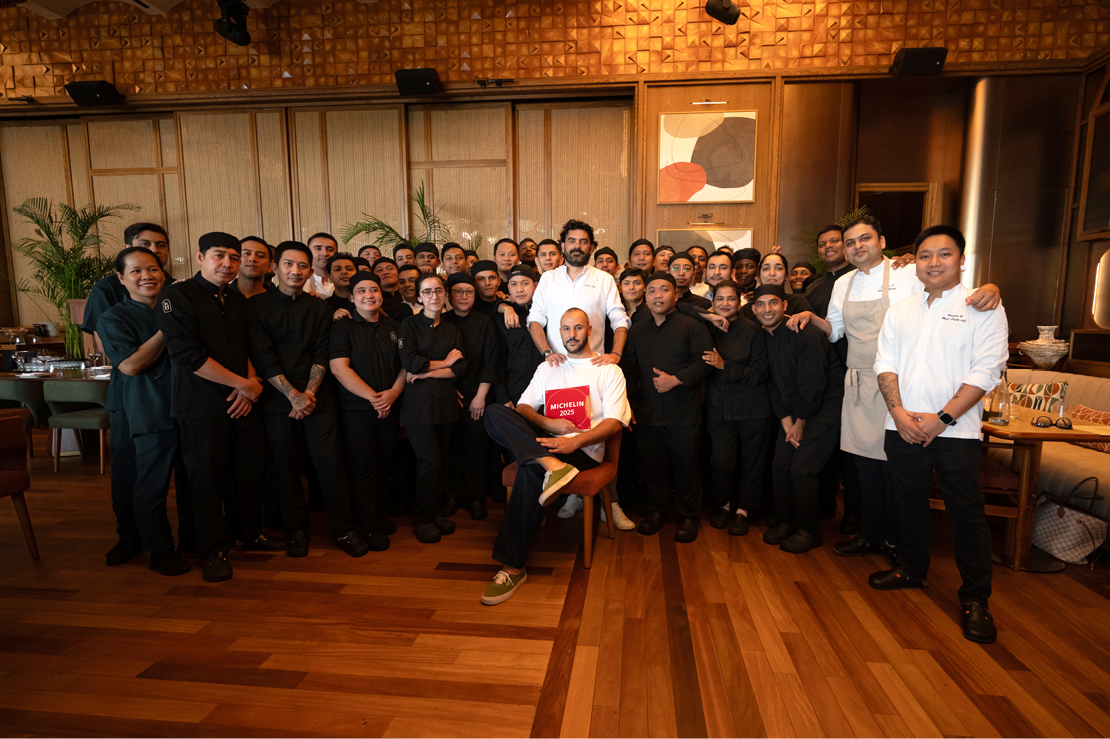
What’s your favourite dish to cook at home?
At home, we love Asian cuisine, and one dish that’s always a favourite is sukiyaki, a Japanese hot pot built around a delicate broth with fresh vegetables, mushrooms, big chunks of tofu, and thin slices of tender beef. It’s hearty, comforting, and makes you wish Dubai dipped below 18 degrees a little more often. The best part is finishing off the leftover broth with fresh noodles, which always turns into the perfect food coma.
We are definitely a household that enjoys Asian cuisine and with that there are a lot of different dishes that will make it to the table. Something I really love and that the whole family enjoys is a nice sukiyaki, a Japanese style hot pot dish built around a delicate broth packed with fresh vegetables, mushrooms, big chunks of tofu & thin slices of tender beef. It’s one of those delicious one pot meals that makes you wish Dubai dipped below 18 degrees a little more often. The best part is finishing off the leftover broth with fresh noodles, which always turns into the perfect food coma.
What’s your first memory of food?
That’s an interesting one because I feel like I have two very strong early emotional memories around this topic. There is my first memory of food, and then, somehow, just as important, especially given my profession, my first memory of restaurants.
For food, it would be my grandmother’s house in Cairo, her sitting at the table with this curved two-handed knife in her hands, chopping molokhia while the smell of broth and other tasty dishes permeates the air. That sense of love and care through food has stayed with me. At its core, feeding someone is an act of giving, of nurturing, of love.
The other memory is a little different. When I was a bit older, once we’d already made the move to the US, we would often fly to Italy to visit the other side of our family. My uncle had a little Osteria in Padova, and this was always the first stop as soon as we would land. Then it would be a huge lunch and hours of talking. I remember sleeping in the back room of the restaurant with all the sounds, smell, laughter & chaos of a restaurant unfolding around me and feeling at once so comfortable and at home. Maybe no surprise then I’ve decided to spend so much of my life inside restaurants.


